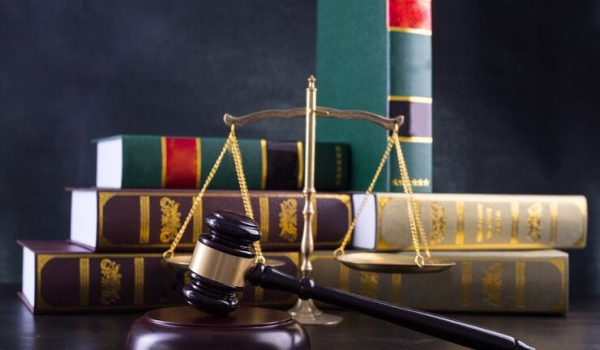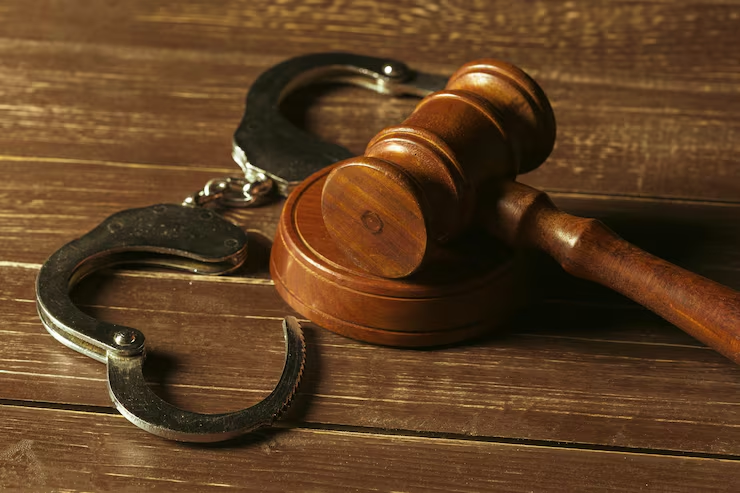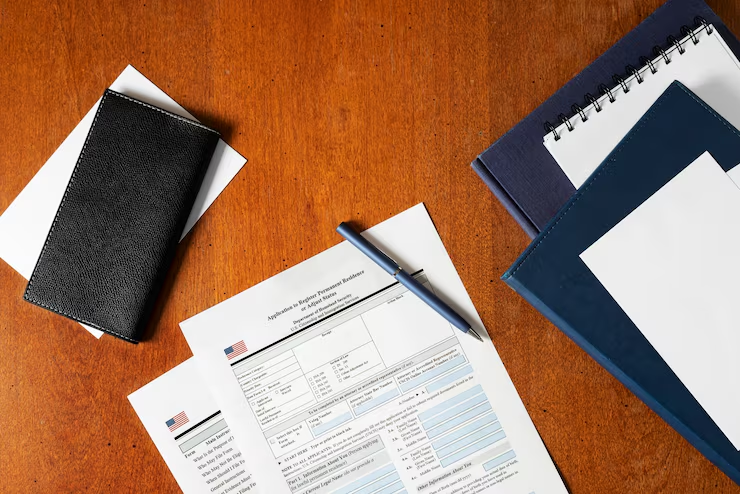Madhya Pradesh holds a unique position in India’s legal landscape. The state is not only geographically at the heart of the country but also historically significant in shaping constitutional debates, criminal jurisprudence, and commercial litigation. The cities of Bhopal, Indore, and Jabalpur have produced a strong cadre of legal professionals, many of whom appear regularly before the Supreme Court of India. This article provides an educational perspective on the role of Supreme Court advocates from Bhopal, Indore, and Jabalpur, highlighting their contributions to Indian law and justice.
This overview is prepared for academic and research purposes only. It is intended to inform students, researchers, and citizens about the broader role of advocates from Madhya Pradesh in India’s apex court, and is not an advertisement of any individual or chamber.
Jabalpur: The Cradle of Constitutional Jurisprudence
Historical Significance
Jabalpur, the seat of the Madhya Pradesh High Court, occupies a historic role in Indian constitutional history. The ADM Jabalpur v. Shivkant Shukla (1976) case, popularly known as the Habeas Corpus Case, was argued in this very city. Advocates from Jabalpur contributed to one of the most debated constitutional issues—whether fundamental rights could be suspended during the Emergency.
Present-Day Relevance
Today, Supreme Court advocates from Jabalpur continue to represent cases on:
Fundamental rights and constitutional interpretation.
Service jurisprudence, especially concerning state employees.
Environmental law, given Madhya Pradesh’s rich forest resources.
Criminal appeals from trial courts and the High Court.
Educational Aspect
For law students, the Jabalpur chapter offers a classic case study of how a regional High Court became the birthplace of a national constitutional dialogue. Learning from the legal fraternity of Jabalpur provides lessons on advocacy, courage, and interpretation of constitutional limitations.
Indore: The Commercial Capital and Arbitration Hub
Economic and Legal Landscape
Indore, often called the commercial capital of Madhya Pradesh, has become a focal point for corporate disputes, taxation, and arbitration. Its advocates frequently argue cases before the Supreme Court relating to:
Corporate governance and compliance under the Companies Act.
Insolvency matters under the IBC (Insolvency and Bankruptcy Code, 2016).
Disputes under the Arbitration and Conciliation Act.
Regulatory litigation involving SEBI, GST, and competition law.
Supreme Court Linkages
Indore-based advocates bring commercial disputes to the Supreme Court, demonstrating how local economic activity connects directly with national-level legal adjudication. This establishes Indore as a training ground for young lawyers specializing in commercial litigation and arbitration.
Educational Aspect
For researchers and academicians, Indore illustrates how globalization and liberalization have changed the nature of Supreme Court litigation. The presence of strong arbitration practice, combined with corporate law expertise, makes Indore a natural feeder for Supreme Court litigation in economic matters.
Bhopal: The Capital and the Nerve Centre of Governance
Political and Administrative Context
Bhopal, being the capital city of Madhya Pradesh, is closely tied to public administration, governance, and criminal jurisprudence. Supreme Court advocates from Bhopal regularly argue cases concerning:
Public interest litigations (PILs) challenging executive actions.
Criminal appeals, particularly in high-profile or sensitive matters.
Environmental and industrial law, especially in the aftermath of the Bhopal Gas Tragedy, which reshaped Indian environmental jurisprudence.
Constitutional issues relating to state policy, governance, and citizen rights.
Educational Aspect
Bhopal offers lessons on the interaction between law and governance. Law students studying the advocacy culture here gain insights into how local governance issues become national constitutional matters before the Supreme Court.
The Role of Supreme Court Advocates from Madhya Pradesh
Bridging Local and National Legal Frameworks
Advocates from Bhopal, Indore, and Jabalpur often begin their practice in the Madhya Pradesh High Court but eventually argue before the Supreme Court. This transition highlights the interconnectedness of India’s federal legal structure.
Core Areas of Advocacy
- Constitutional Litigation—Interpretation of Articles 14, 19, 21, and 32 remains central.
- Civil Law – Property disputes, contract enforcement, succession laws.
- Commercial Law – Arbitration, insolvency, and taxation disputes.
- Criminal Law – Appeals in serious offenses, bail jurisprudence, and death penalty commutations.
- Public Interest Litigation – Matters concerning human rights, environment, and social justice.
Contribution to Legal Education
Many senior advocates from these cities also contribute to legal education by teaching, writing articles, and mentoring junior lawyers. This educational contribution creates a cycle where advocacy experience feeds back into academic learning.
The Academic Importance of Studying Advocates’ Work
For Law Students
Case Study Analysis: Supreme Court judgments argued by advocates from Madhya Pradesh serve as study material in law schools.
Advocacy Techniques: Observing their oral submissions, drafting style, and use of precedents helps young lawyers refine their skills.
Professional Ethics: Their work reflects the importance of integrity, preparation, and respect for judicial processes.
For Researchers
Comparative Jurisprudence: By comparing arguments made from different regions, scholars understand how local socio-economic contexts shape national litigation.
Policy Impact: Supreme Court advocacy often influences government policies, providing data for socio-legal research.
Challenges and Opportunities
Challenges Faced by Advocates
Delay in Litigation: Like elsewhere in India, the backlog of cases affects efficiency.
Accessibility to the Apex Court: Advocates from Madhya Pradesh must balance practice in the High Court and frequent travel to Delhi for Supreme Court hearings.
Evolving Legal Frameworks: Keeping up with changes in commercial law, technology law, and constitutional amendments requires continuous learning.
Opportunities
Digitalization of Courts: E-filing and virtual hearings reduce geographical barriers, making it easier for advocates from Bhopal, Indore, and Jabalpur to appear before the Supreme Court.
Specialization: Advocates can develop niche expertise in areas like environmental law, arbitration, and constitutional rights.
Contribution to Society: Through PILs and pro bono work, advocates contribute to social justice and strengthen democratic governance.
Future Outlook
The future of Supreme Court advocacy in Madhya Pradesh is likely to be shaped by:
Increased Use of Technology: AI-based legal research, digital case management, and e-courts.
Globalization of Law: With foreign investments and cross-border disputes, advocates will engage more with international arbitration and treaty law.
Enhanced Role of Women Advocates: A growing number of women lawyers are entering Supreme Court practice from these cities, diversifying the profession.
Academic-Professional Collaboration: Stronger ties between law universities in Madhya Pradesh and the legal profession will create a new generation of research-driven advocates.
Conclusion
The story of Supreme Court advocates from Bhopal, Indore, and Jabalpur is not merely about individual success but about how regional legal traditions contribute to India’s national legal system. Jabalpur offers historical lessons on constitutional crises, Indore reflects the rise of commercial jurisprudence, and Bhopal demonstrates the intersection of governance and law.
For students, researchers, and citizens, studying the role of these advocates provides a window into the functioning of the Supreme Court, the evolution of Indian democracy, and the enduring role of law in shaping society.
This article is a non-promotional, educational resource aimed at highlighting the historical, academic, and professional contributions of Madhya Pradesh’s legal fraternity to the Supreme Court of India.





